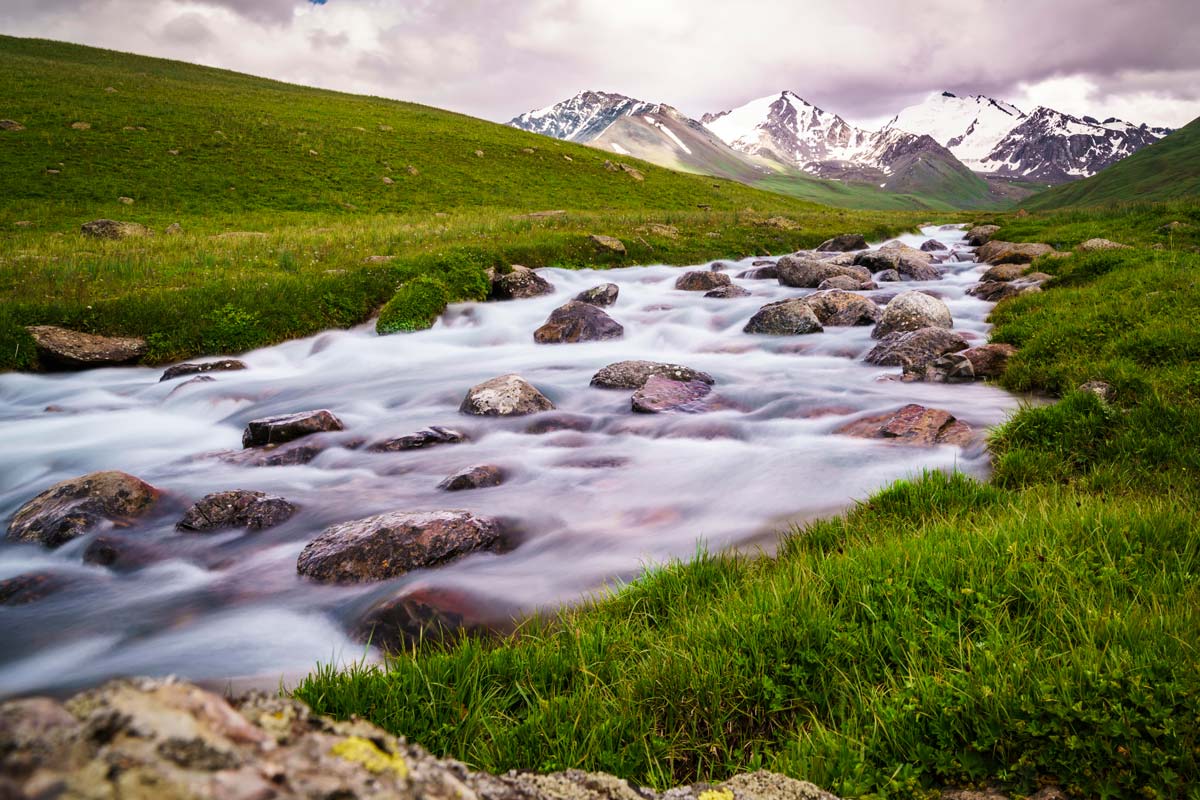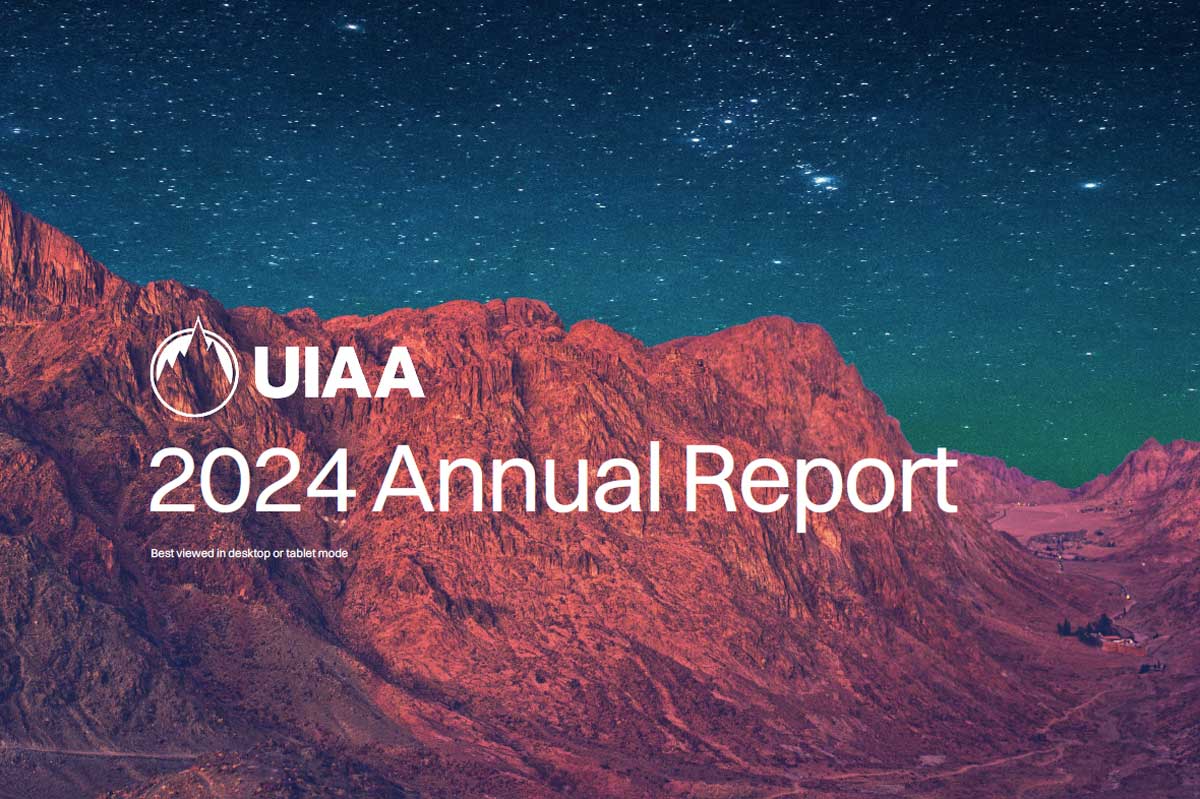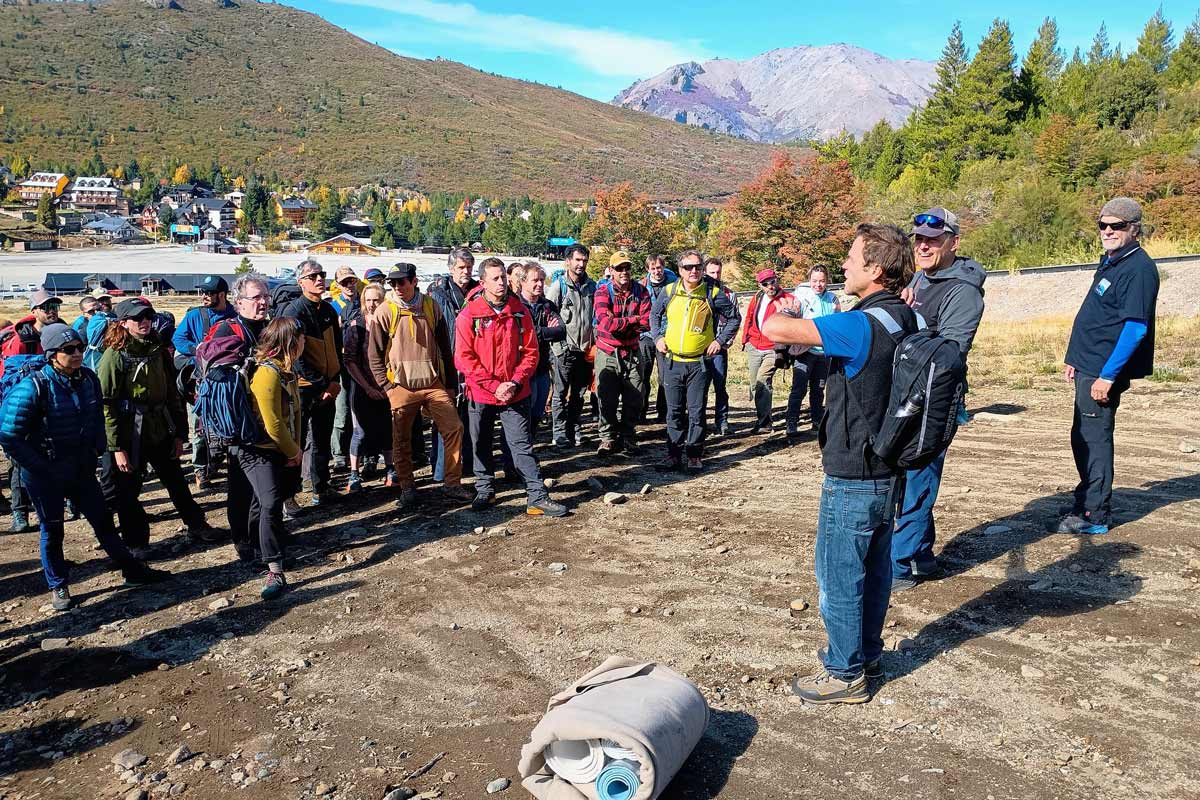MOUNTAINEERING FOCUS
Biosphere Expeditions is active in the following regions:
Faragas Mountains, Romania: We are involved in creating Europe’s biggest protected area and managing this through citizen science and applied research and conservation.
Altai: We have helped create Saylugem National Park in the Altai Mountains, an area where snow leopards now thrive. When we started, there was no national park, no rangers, no community integration and incentives based on intact nature and snow leopard presence. Poaching was widespread. When we finished, a national park was established with rangers patrolling the area. The community is now fully integrated into research efforts and derive economic benefit from helping with camera-trapping and other research activities. There are also micro business initiatives such as providing simple accommodation and catering, felt souvenirs and other services to adventure travellers and self-drive safari visitors. These initiatives depend on intact mountain environments and the presence of wildlife for their success. In this way, the local community has become a steward of the mountain environment in a stable and sustainable way. The project took 11 years to complete.
Kyrgyzstan: We are at the moment trying to apply the same model to the Kyrgyz Alatoo range in Kyrgyzstan, where snow leopards roam in an unprotected area. We are into year three of a ten-year project.
Spanish Pyrenees: Together with our partners in Spain, we helped to reverse EU high altitude carcass removal regulation, which was designed to combat the spread of BSE, but was starving high mountain vultures and bears.
Slovakian Carpathians: In the Slovakian Carpathians, we are working on a project with large carnivores (lynx, wolf, bear). With higher numbers of wolves, lynx and bears in the Carpathians since the second half of the 20th century, conflicts with local people have come to public attention. The concurrent emergence of new threats to wildlife and habitats presented by economic development means that a more sensitive approach is required, one based on a sound understanding of the place of carnivores in ecosystems, but also considering their impact on local people. As very little modern scientific work has been done on large carnivores in Slovakia, there is much to be done in order to achieve these goals. The project in Slovakia has just started tackling these issues.
Dhofar Mountains, Oman: This project was less successful. It researched the ecology and status of the Arabian leopard in the Dhofar and Musandam regions of Oman. The project was stopped when it became clear that there was little support and willingness from government to act upon recommendations locally.
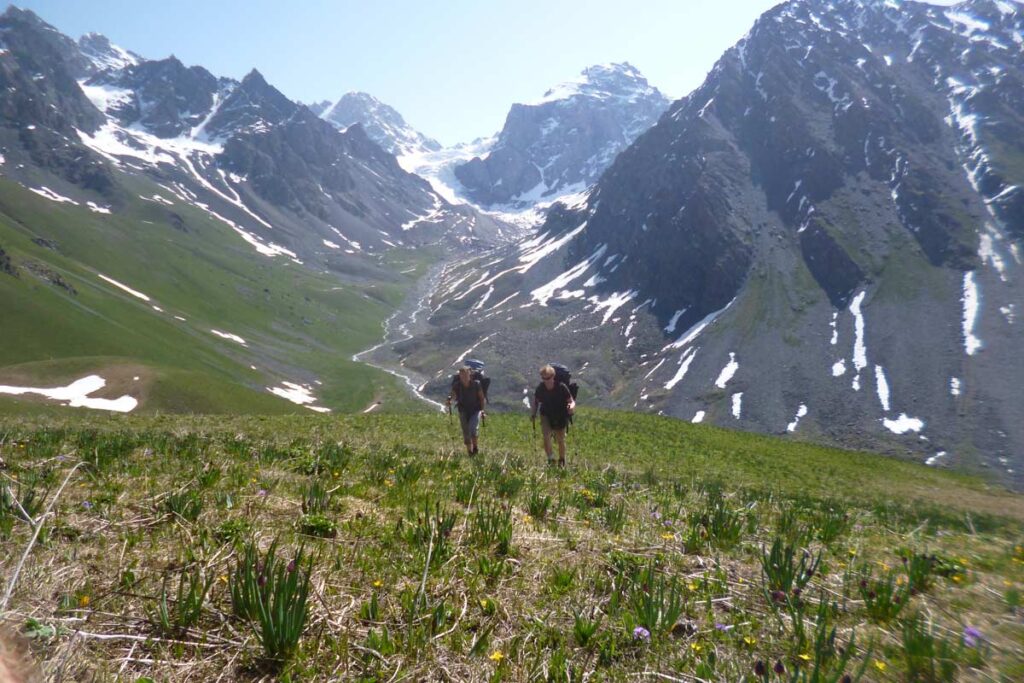
BEST PRACTICES IN MOUNTAINEERING AND
MOUNTAIN-BASED SPORTS
The fact that Biosphere Expeditions goes well beyond “business as usual” has been recognised through a multitude of awards and accolades such as “Best Volunteering Organisation” (First Choice Responsible Travel Awards), “Top Conservation Holiday” (BBC Wildlife, UK), “Best Holiday for Green-Minded Travellers” (Independent on Sunday, UK), “Best New Trip” (National Geographic Adventure, USA), “Top Holiday for Nature” (P.M., Germany), “Environment Award” (from the German government), etc. A full overview is on http://www.biosphere-expeditions.org/awards.
Food policy
The United Nations has identified vegetarianism as one of the major ways to reduce impact; it has also concluded that a global shift toward a vegetarian or vegan diet is necessary to combat the worst effects of climate change. In line with all of the above Biosphere Expeditions is, to our knowledge, unique in offering a purely vegetarian diet wherever possible on expedition.
Placement programme and capacity-building
Our placement programme on all our expeditions integrates local people into the expeditions at no cost to them. This placement programme, amongst other things, seeks to empower local mountain communities to establish their own conservation schemes. We also provide capacity building and jobs, advice on careers and first steps on the career ladder for up and coming conservationists.
Minimal impact
An environmental impact assessment is part of all our expeditions, as is reducing waste, water use, a leave no trace policy and procedures to mitigate social impact.
Social policy
All missions are developed with local partners and scientists, as well as community representatives where appropriate. This consultation serves to minimise negative impacts on local cultures. This is often developed through a more complete integration into local communities, by working alongside them to achieve a conservation objective. Biosphere Expeditions also publishes results and recommendations based on collaborative work together with those who helped gather data and draw conclusions.
Economic policy
Biosphere Expeditions believes that, as humans, we have designed an economy that is dependent upon endless growth. We have also designed an economy that generates incremental profits by constantly increasing productivity. Endless growth on a finite planet is an unhealthy and unsustainable mathematical impossibility. Cancer is perhaps the best analogy to endless growth. It grows until it kills the body that hosts it. Therefore Biosphere Expeditions is not committed to growth. We want to do a limited number of projects and we want to do them well, making a difference to our partners and local communities on the ground as well as the wildlife and habitats that support them. We want to retain full control of our processes and actions, with our left hand knowing what our right hand is doing. If there is growth, we will make sure that it is sustainable and necessary, which means it should be based on local demand and conservation need. Our economic decisions will be based on this maxim.
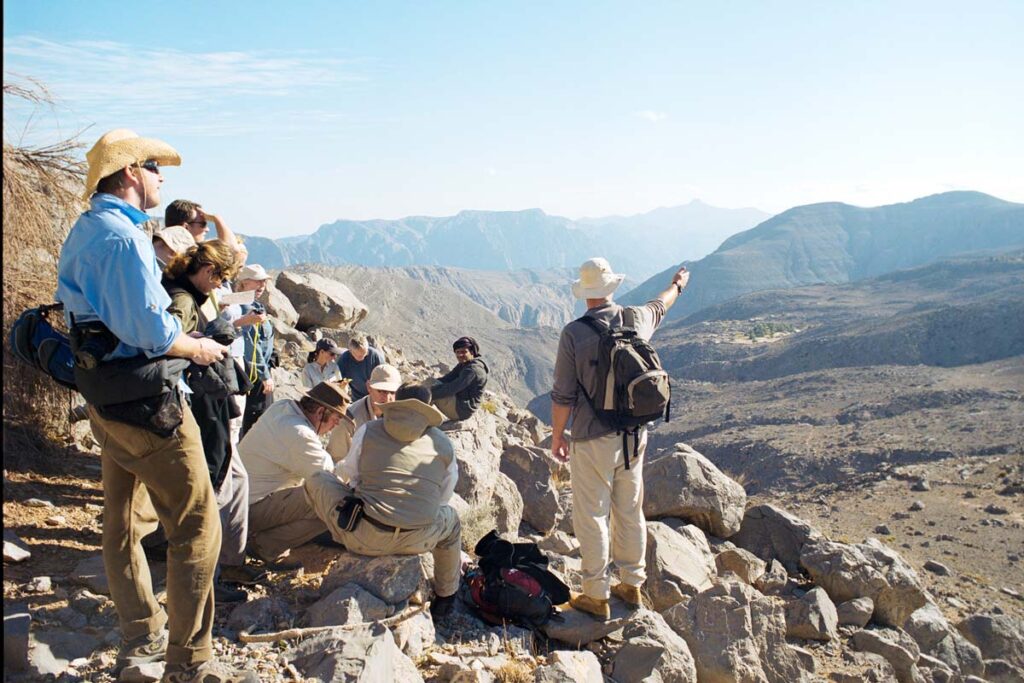
OPPORTUNITIES FOR VOLUNTEERS
Volunteer participation:
Citizen science volunteering is the bread and butter of what we do and our volunteer guests are an integral part and the linchpin for our conservation efforts. Our expeditions with travellers from all over the world are not isolated luxury trips. Instead our guests are intimately involved in the expedition, often in remote and challenging environments and circumstances. We always work with local service providers, people and businesses and integrate local people into our expeditions, either as staff, scientists or through our placement programme. As such our expedition experiences are totally immersive for participants (local and international). Since wildlife conservation is at the very heart of what we do, this immersive experience automatically results in a very significant raising of awareness about wildlife conservation issues, especially because we do not pretend that the planet can be saved on a two-week holiday, or that field conservation always achieves and never goes wrong. Instead we expose people to difficult issues and the realities of field conservation – adventure, successes, warts, failures and all.
After the expedition experience we encourage people to stay involved through our Look Ahead programme, and – on demand – get them in touch with local conservation efforts to continue their conservation activities locally.
Finally, Biosphere Expeditions is very active in achieving decency in volunteer involvement and voluntourism. With no international standard in the sector and a host of charlatan profiteers jumping on the volunteering bandwagon recently, voluntourism has started to accumulate a negative reputation to the detriment of the many hard-working, non-profits in the sector, which are trying to alleviate a multitude of humanitarian and wildlife conservation issues in a ethical and sustainable way. Biosphere Expeditions’ “Top Ten Tips” campaign gives guidance to those considering a voluntourism holiday and in doing so has attracted the attention of the international media. It has also firmly established Biosphere Expeditions as one of the most ethical showcase voluntourism providers.
RELATIONSHIP WITH LOCAL COMMUNITIES
Local communities (tourism and otherwise) are at the heart of what we do.
We work with local scientists wherever possible and publish our expedition reports and publications in co-authorship with them. We hire only local services for the expedition logistics, be it porters, guides, cooks, horses, etc. Where local services are from companies, we seek out local businesses, rather than international corporations, for example for car hire, hotels, base camp equipment, onwards tourism services, etc.
We run a placement programme on all our expeditions, which integrate local people into the expeditions at no cost to them. This placement programme, amongst other things, seeks to empower local mountain communities to establish their own conservation schemes. We also provide capacity building and jobs, advice on careers and first steps on the career ladder for up and coming conservationists. For example, in the Fagaras Mountains in Romania, we have helped to instigate a group of local mountain rangers to conserve and research the mountain wilderness.
We also work with local communities on incentive-creation through nature. For example, in the Altai we have converted local poachers into conservationists by paying them for verifiable camera trap pictures of snow leopards surviving year-on-year.
We provide capacity building and jobs. In the Pyrenees, for example, have helped to finance a field research station. This is now used by research bodies year-round as a centre for conservation & research, providing training for researchers, as well as employment for the local community.
GOALS AND OBJECTIVES
Biosphere Expeditions is a citizen science wildlife conservation non-profit first and foremost. But we also empower ordinary people by taking them on our expeditions worldwide to work hands-on in wildlife research and conservation. Biosphere Expeditions is also a multi-award-winning organisation, and a member of IUCN (International Union for the Conservation of Nature), the UN Environment Programme, and the European Citizen Science Association (ECSA). For us, successful conservation is the collective effort of individuals. We invite everyone to join us on our wildlife and wilderness projects all over the world, many in mountain environments such as the Altai, Tien Shan, Carpathians, Cape Fold Mountains, Dhofar Mountains and the Pyrenees. Biosphere Expeditions gives everyone, whatever their background, age or education, the chance to become a citizen scientist during their holiday time.
The foundation of our work is science and local need. We focus on sustainable conservation projects that target clearly defined, critical issues that humankind has the power to change. Our international volunteers work hand-in-hand with local biologists and communities to drive positive outcomes for biodiversity – the creation of a protected area in the Altai where snow leopards now thrive, or the creation of Europe’s biggest protected area in the Faragas Mountains of Romania are just two recent examples. Other achievements include the creation of protected areas on four continents, the implementation of our conservation recommendations and species protection plans by numerous national and regional governments and NGOs, scientific and lay publications, as well as capacity-building, training and education all over the world.
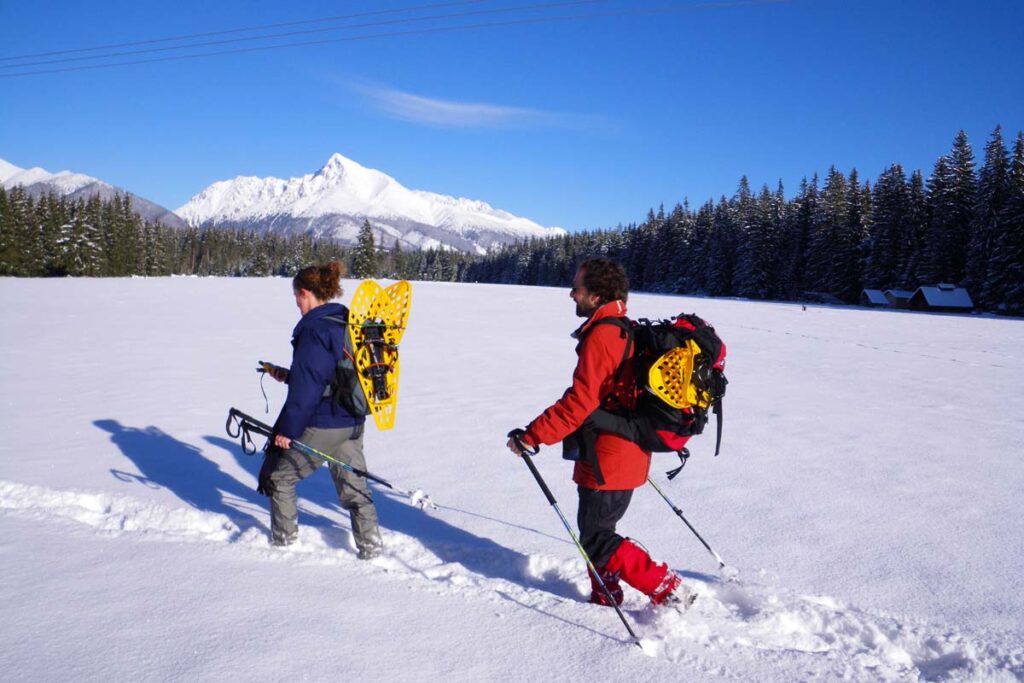
HOW WE COMMUNICATE
Our communication strategy has many aspects. On the scientific side, we publish expedition reports as well as scientific papers in peer-reviewed journals (see http://www.biosphere-expeditions.org/reports). We also attend exhibitions, conventions and scientific conferences and other gatherings.
On the layperson side, we have a very active media engagement strategy and frequently host journalist, bloggers and film teams on our expeditions. Resulting coverage can be seen at http://www.biosphere-expeditions.org/mediacoverage/, http://www.youtube.com/user/BiophereExpeditions, http://www.issuu.com/biosphere-expeditions, amongst others.
We have a strong social media presence and campaigns (see http://www.biosphere-expeditions.org/social-media for outlets), as well an active and popular blog https://blog.biosphere-expeditions.org.
We also attend exhibitions, meeting and hold regular public events, talks and gatherings. Winning the MPA award and featuring on the UIAA MPA platform would be a major boost for the organisation, driving more citizen scientists towards our projects and opening up communications with people connected to the UIAA, many of whom are likely to be interested in our participatory citizen science work, involving ordinary people in the protection of mountain wildlife and wilderness.
To discover more about the UIAA Mountain Protection Award please click here.

